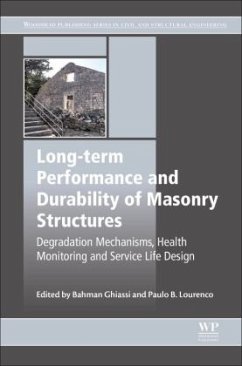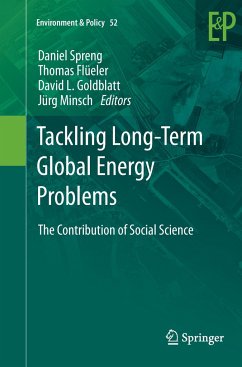
Long-Term Electricity Generation Expansion Modeling
with Application in Demand Projections and Capacity-mix Optimization
Versandkostenfrei!
Versandfertig in 6-10 Tagen
52,99 €
inkl. MwSt.

PAYBACK Punkte
26 °P sammeln!
Large-scale demand and capacity-mix optimization models for power generation expansion planning have been in use in so many countries of the world with considerable success. The application of these models to a developing country in most cases is hampered by lack of requisite database in those Countries. In addition, their electricity generation expansion planning is dictated by a linearly rising demand, coupled with a considerable extent of suppressed demand, thereby necessitating a rapid expansion drive. All these peculiarities, along with the diverse technology and emission requirements cal...
Large-scale demand and capacity-mix optimization models for power generation expansion planning have been in use in so many countries of the world with considerable success. The application of these models to a developing country in most cases is hampered by lack of requisite database in those Countries. In addition, their electricity generation expansion planning is dictated by a linearly rising demand, coupled with a considerable extent of suppressed demand, thereby necessitating a rapid expansion drive. All these peculiarities, along with the diverse technology and emission requirements call for specific modeling framework for the application of the models in a developing country. This thesis attempt to address this need with vivid case studies of the Nigerian power system, using basic modeling approaches and some selected large-scale models popularized by the International Atomic Energy Agency.












